The key to tackling workplace stress? Better management
Posted on: August 24, 2019by Ruth Brooks

Whilst workplace well-being is something HR teams have become acutely aware of in recent years, stress-related absence is on the rise in nearly two-fifths of the UK’s workplaces. One reason for this could be that remote workers tend to work longer hours and tend to blend personal and professional life, which can lead to higher levels of stress. 40% of employees doing this sort of remote work report high levels of stress, compared to just 25% among those always working at their employer’s office. Worryingly, less than half of HR professionals say their efforts to tackle stress in their organisation are effective. This is concerning as not only is quality work (including defined lines between work and persona life, reasonable working hours and the ability to switch off) good for our wellbeing, but healthy, happy workforces are key to productivity.
Creating a culture of wellbeing
Organisations are much more effective in tackling stress and unlocking healthy, productive workplaces when they have a standalone well-being strategy in support of their wider corporate strategy and when line managers have ‘bought in’ to the importance of well-being. Thankfully then, just as workplace health and wellbeing has become more prevalent on the public radar, so too is employee well-being rising up the agenda of more senior leaders.
However, workplace-related stress remains common. Why? Research shows that many employers’ efforts are falling short of what’s needed: just two fifths have a formal well-being strategy in place, with the majority simply relying on line managers to look after workforce well-being.
Most managers are ill equipped to support their teams through times of stress
While employers can introduce a suite of exemplary well-being policies and make a serious investment in employee health, if this isn’t rooted in how people are managed, it will not have real impact. The latest Health and Well-being at Work Survey shows that the two top causes of workplace stress are unmanageable workloads and management style – both of which put line managers squarely in the frame for people’s mental well-being.
In nearly two-thirds of organisations, line managers are expected to take prime responsibility for managing short-term absence (and two-fifths of organisations expect them to take on long-term absence, too). Among the minority of organisations that tackle presenteeism (working when unwell), just 37% provide training or guidance for line managers to spot the warning signs, the overwhelming majority (79%) rely on managers sending people home when they’re unwell.
Only half of organisations train managers to handle stress and less than a third think managers are confident to have sensitive discussions about mental health issues and signpost staff to expert sources of help. In addition, while a quarter of organisations give line managers primary responsibility for managing short- or long-term absence, only half of managers (56%) are trained in short-term absence-handling.
Consequently, most managers are ill equipped to support their teams through times of stress, leading to a negative effect on people’s wellbeing.
So, what can HR professionals do?
When line managers are bought in to the importance of health and well-being, organisations are more likely to report that stress is well managed. The ideal situation then, is to create a holistic health and well-being strategy that is built from the ground up, championed by leaders and embedded throughout the organisation. By focusing their communications with managers, HR teams can reiterate the benefits: when their team is happy, healthy and engaged, they’re more likely to meet their goals and contribute to the team’s success.
With a focus on key skills required of successful HR professionals, Wrexham University’s Masters of Business Administration (MBA) Human Resource Management degree can help you enhance your communication skills, learn how to effectively nurture and develop talent, and gain insights into how to affect cultural change.
The programme covers talent development, reward management, resourcing and strategic HR frameworks as well as key business disciplines including finance, strategy and marketing – developing practical and theoretical business leadership skills.
Specifically targeted at working professionals, the completely online MBA is designed to enable you to study at your own pace, on your own terms. With six start dates a year, you can start whenever you are ready. There are flexible payment options and postgraduate government loans to cover the full programme cost, for those that are eligible.
For more information, or to apply, visit https://online.wrexham.ac.uk/mba-hrm/





